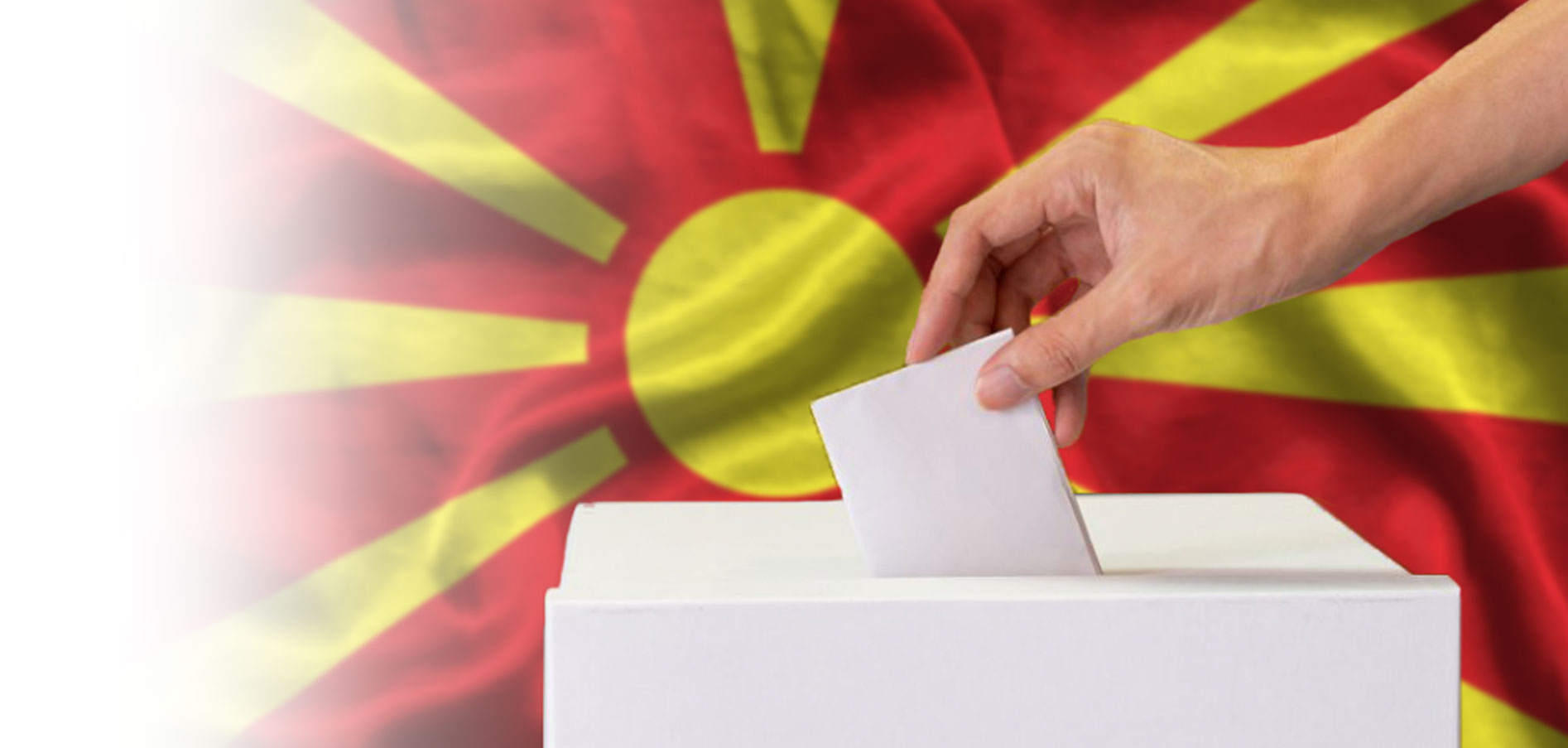October 2025
Reflections on the local elections in North Macedonia



While the elections center on winners, I will mention the main losers of these elections: everyone, and mostly the citizens. The turnout for these elections was 46%. In the last local elections in 2021 it was just over 50% in both rounds, whereas in the last national elections in 2024, the turnout was 55.34%. The biggest loser of these elections are the ethnic Albanian voters. Not because DUI lost (in terms of municipalities, not in terms of seats in local councils), that is their own failure, but because they were given poor choices from two coalitions that have little to distinguish them in essence. This tough choice can be seen in the low turnout. Municipalities with and ethnic Albanian majority have the lowest turn out, only in two municipalities, both in Skopje (Cair and Saraj) do they exceed 50%. Taking into consideration that these are all multi-ethnic municipalities, the turnout of ethnic Albanians might be lower. Lastly, there was only one woman candidate who was elected in the first round, while three go to the second round, while only 10.4% of overall candidates were women, making the fight for gender equality a long battle ahead.
The winners are the governing coalition, less surprising for VMRO DPMNE and more so for VLEN. VMRO DPMNE came in first in the first round of elections in 53 out of 81 municipalities, whereas VLEN got five in the first round and four leads for the second round, including key municipalities, such as Tetovo and Cair. However, governing coalitions usually have the upper hand, first because they are seen by voters as those who hold “real”power and thus a candidate of the same party would be able to “get more” for the municipality. Secondly, as the OSCE has noted, larger parliamentary parties, which include the opposition, get more funding for media campaigns. Furthermore, the OSCE reported pressure of public service employees and opposition candidates, which is not a new strategy.
The rise of the VMRO at the local level is the real concern of these elections. VMRO has shown itself to be the same problematic, conservative, nationalist and unreformed party of the past. This sort of win gives them little incentive to reform or to change course and that is never a good thing, for whichever political party. Having a critical electorate is the best arbiter of power. These local elections show that VMRO has its hands loose to do what it wills, and make no mistake, it will do so.The only silver lining might be that they decide to commit to the constitutional changes which are imperative for the country’s path towards the EU accession process. However, this is a hope more than a project. Perhaps the fact that VMRO, despite winning, did lose votes as opposed to the national elections, should still keep them somewhat on their toes.
The fall of DUI and especially SDSM at the local level leaves a serious vacuum. While they performed well in terms of council seats they still fell from glory in key municipalities, or are likely to do so in the second round. It is a vacuum because currently there is no alternative to them except the independent lists and candidates. This leaves space for new political parties to rise to the challenge. VLEN is not an alternative to DUI and Levica is not an alternative to SDSM. Something new is needed, the question is are there any young forces left in the country willing to take it up? Also, will the already established parties actually let them take flight?
DUI's loss at the local level, as a part of a larger coalition, should teach one key lesson to any party. Think beyond the party leader and think for the political party. Ali Ahmeti has never not been president of the party. If he were to resign DUI's current statute still gives him power over key decisions, which is why he should step away. This is the first election that DUI has truly lost, thus Ahmeti should let someone new take over the party. The issue is, he has already "cut" the heads of contenders. How can Osmani, for instance, run to replace him if he lost both the Presidency (which was expected) and the mayoral race (which was slightly more fair game but he wasn't the right candidate as he suits the executive)? Grubi is on the run, and any other potential contender was never allowed to rise or has been quietly shooed or left the party. Dare I suggest that DUI turn to its female MPs for a new head of the party?